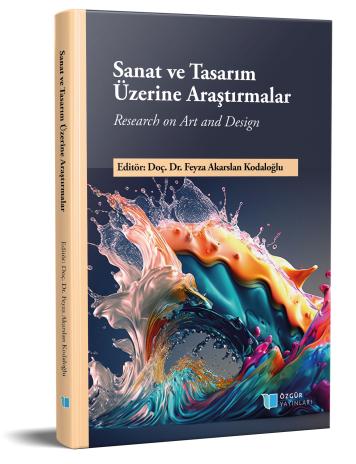
Authentic Istruments from an Organological Perspective in the Process of East-West Cultural Assimilation
Chapter from the book:
Akarslan Kodaloğlu,
F.
(ed.)
2023.
Research on Art and Design.
Synopsis
Organology is a discipline that focuses on the structural characteristics and functions of musical instruments. Through the science of organology, instruments provide profound insights into the diverse cultural elements they embody, thereby carrying traces not only of their role as intermediaries of music but also of historical significance.
The ultimate aim of this study is to elucidate the traces of intercultural exchange by leveraging the historical development of bowed string instruments, which have also permeated Turkish culture through the cultural interactions between different geographical regions. Through organology, the structure and materials of musical instruments can be elucidated, shedding light on the socio-cultural context in addition to the climatic and socio-economic conditions of various geographical regions. This discipline entails the classification of different musical instruments into general categories such as bowed string instruments, wind instruments, keyboard instruments, and percussion instruments, with a particular focus on the development of bowed string instruments in this study. Organological research examines the structural analysis of musical instruments, encompassing a comprehensive examination of the components, materials, dimensions, and shapes of an instrument. Moreover, organology delves into the functionality and playing techniques of musical instruments, investigating how an instrument is played, the techniques employed, and the sounds produced. This encompasses aspects such as correct playing positions, finger placements, breathing techniques, and bowing techniques.
Furthermore, organology delves into the historical development of musical instruments, investigating their origins, evolution, and variations across different cultures. Such research allows for a comprehensive understanding of the cultural, historical, and socio-cultural contexts surrounding musical instruments. By studying organology, we gain insights into the role of musical instruments in the past and present, trace cultural transformations, and preserve our musical heritage.

